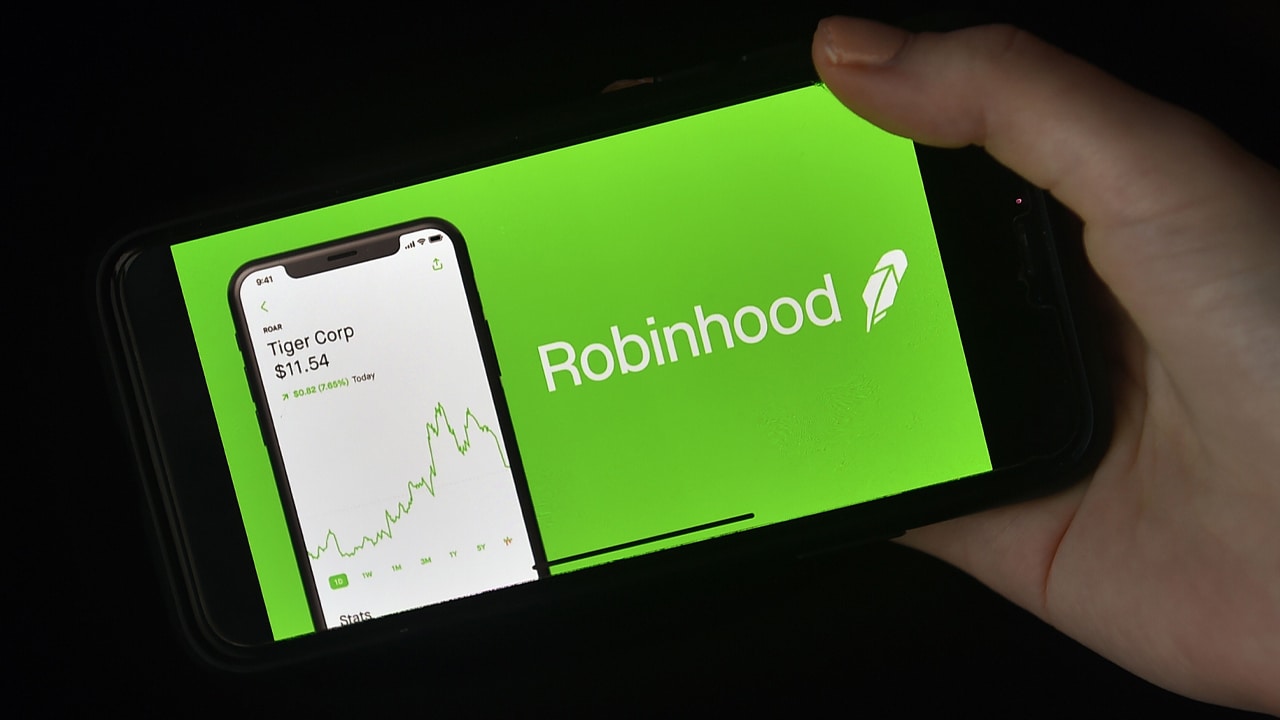Robinhood Adopts Copy Trading Amid Regulatory Risk Alerts to Rivals

What a difference a changing regulatory environment makes. After previously expressing skepticism about the viability of copy trading platforms, Robinhood has announced the launch of “Robinhood Social,” a new feature that allows users to follow and manually replicate the trades of prominent investors. This significant shift marks a departure from the company’s cautious stance on features that could attract regulatory scrutiny, particularly following its decision to eliminate its celebratory digital confetti feature prior to its 2021 IPO due to concerns about gamifying trading.
Robinhood’s Shift in Strategy
Robinhood’s entry into the copy trading market comes nearly nine months after CEO Vlad Tenev raised concerns about the regulatory implications of such platforms. In a conversation last December, Tenev suggested that smaller platforms like Dub could operate without intense scrutiny due to their size. He indicated that as copy trading gains popularity, it may attract more attention from regulators. Now, however, Robinhood appears to believe that the regulatory landscape has evolved sufficiently to support its new offering. This change in strategy is particularly noteworthy given the criticism Robinhood faced from Dub’s founder, Steven Wang, who has positioned his platform as a more educational alternative to traditional trading apps.
Wang has consistently argued that platforms like Dub, which emphasize risk assessment and educational resources, provide a safer trading environment compared to Robinhood’s approach. He has expressed concerns that making trading too accessible without adequate guidance could lead to gambling-like behavior among users. This criticism highlights the broader debate about the responsibilities of trading platforms in educating their users and ensuring responsible trading practices.
Details of Robinhood Social
Robinhood Social is set to launch early next year and will feature verified traders, showcasing the activities of well-known investors and even members of Congress. Unlike informal copy trading that often occurs on social media, Robinhood will implement identity verification and require proof of actual portfolio positions. The company plans to invite 10,000 users to test the service before a wider rollout. This approach aims to address regulatory concerns by ensuring that users manually replicate trades rather than automatically copying them, a distinction that may help mitigate potential scrutiny.
In contrast to established platforms like eToro, which allows users to automatically copy traders’ portfolios in real-time, Robinhood’s model requires manual replication. This difference could play a crucial role in how regulators perceive the platform. As the regulatory environment continues to evolve, Robinhood’s cautious yet ambitious approach may pave the way for other fintech companies to explore similar offerings.
The Evolving Regulatory Landscape
The launch of Robinhood Social occurs amid a rapidly changing regulatory landscape. Under the Biden administration, crypto companies faced increased scrutiny, while the Trump administration’s more lenient stance has allowed several crypto firms to go public. Copy trading, which has been a common practice in Europe, is beginning to gain acceptance in the U.S., suggesting a potential shift in regulatory attitudes.
Robinhood’s foray into copy trading could signal a broader trend, potentially opening the floodgates for new platforms to emerge. If Robinhood successfully navigates the legal complexities that have historically limited copy trading in the U.S., it may encourage other fintech companies to follow suit. The recent success of eToro’s IPO, which raised $310 million and saw a significant increase in share value, indicates a strong investor appetite for copy trading platforms.
Implications for Retail Investors
The implications of Robinhood’s entry into the copy trading market for retail investors remain uncertain. While it could provide new opportunities for users to engage with the market, there are concerns about whether this trend will ultimately benefit investors or primarily serve to inflate fintech valuations. For now, Robinhood’s shareholders appear to be the immediate beneficiaries of this strategic pivot. As the company prepares to launch Robinhood Social, the financial community will be watching closely to see how this new feature impacts the trading landscape and regulatory environment in the months to come.
Observer Voice is the one stop site for National, International news, Sports, Editor’s Choice, Art/culture contents, Quotes and much more. We also cover historical contents. Historical contents includes World History, Indian History, and what happened today. The website also covers Entertainment across the India and World.

